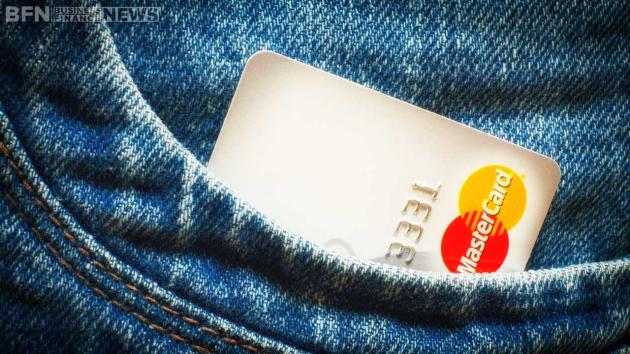MasterCard Inc (NYSE:MA) is facing an expensive lawsuit, which is expected to increase its litigation cost by the end of 2016. The payment processing company is accused of imposing additional card charges, which were ultimately borne by British consumers. It might be the first US-style class action lawsuit in the UK, which might increase the uncertainty associated with the stock.
The case is based on an old legal battle between MasterCard and European Commission over the charges imposed by the card company on debit and credit cards. The charge is known as an interchange fee and it resulted in additional expense for customers, which were already facing cut in the reward points. It was a significant cost for the retailers, which was later passed on to the final customers, resulting in the increased cost of the goods, which they were purchasing. It is claimed under the lawsuit that the customers suffered a loss of approximately 19 billion pounds due to these charges.
Merchants of both MasterCard and Visa have complained for years about the high fee companies charge. This time, it is the UK consumers who have come up with complaints about the high prices; they have been facing similar claims from big retailers such as Walmart and Home Depot. The settlement, which Visa and MasterCard made with their consumers previously — worth $7.25 billion — was overturned by a federal appeal court last week, which can make these companies prone to high damages in the future.
The UK consumers’ representative Walter Merricks said: “The prices of everything we all bought from 1992 to 2008 were higher than they should have been as a result of the unlawful conduct of MasterCard.” If the company broke a competition law, as accused by the prosecutors, then its investors should brace for a heavy fine.
The total swipe fees were around 2% per purchase at the retail stores. Normally, the consumers are not aware of this fees and it can be easily attached with the products and forwarded to them in shape of higher retail prices.
A class action lawsuit allows a group of people to sue for collective damages. This case is the first filed under UK’s Consumer Rights Act of 2015. Here is Mastercard’s stance on the matter: “MasterCard firmly disagrees with the basis of this legal claim.” The company added further: “Electronic payments deliver real value to people online, in-store and everywhere.”
In the near term, the company is not likely to be greatly affected by the actions as the case is not expected to begin before 2018. But we expect bearish sentiments to develop around its stock in the future. Since it’s a cash-rich company, the amount claimed by the customers is not much for it. Due to its solid credit rating, it also has great appetite to borrow money.
Brexitand Payment Processing
Due to Brexit, the card companies are expected to suffer in the same way as other financial industry firms. Their business is mainly dependent on the consumers’ purchasing power and if investors are pulling out their money from the country to invest in safer avenues, then the consumer purchasing power is also likely to go down.
To ensure smooth flow of money in the economy and to maintain the consumerism level, the Bank of England has announced that it will do everything needed to ensure that the banks keep on lending to the general public and companies. The central bank also eased capital requirements for the banks and is expected to ease the monetary policy further.
Previously, Britain’s finance minister George Osborne met with the executives of large investment banks. Mr. Osborne said after the meeting: “They report back that capital is strong, liquidity is strong. We have got to make sure that lending is available to businesses and they have assured me that it will be.”
Headwinds from currency exchange rates are also expected to harm the earnings of MasterCard in the UK and the EU. Plunged to its 31-year low level, the pound is currently trading at $1.29; before the referendum it was at $1.46 and was predicted to touch $1.30 level in case of a Leave, but now it is even below that.
Safe-haven investments, particularly gold and yen, rose after the Brexit vote as investments from risky securities flowed into them. Property market in the UK is also losing its worth as demand for the property there dropped after the Brexit vote. Money was rapidly pulled out from some of the UK property funds due to which four of the UK funds stopped their redemption to prevent a run-down. This further hurt the investor sentiments due to which the yields on government bonds touched new lows. The 10-year Treasury yield in the US is at 1.36%, while in the UK it stands at 0.73%.
Source: www.businessfinancenews.com




